Gone are the days when charcoal was the only route to achieving that much-desired smoky flavor in your grilled delicacies! In recent years, a revolution has been unfolding on our barbeques and grills – it’s all about Charcoal Alternatives For Smoky Flavour. More and more culinary enthusiasts and grill masters are exploring cleaner, greener, and surprisingly flavorful alternatives to traditional charcoal.
As we continue to become more environmentally conscious, these eco-friendly options not only offer us a way of reducing our carbon footprint but also provide an intriguing twist to our age-old grilling traditions.
So, if you’re ready to embrace change and eager to experiment with your taste buds while keeping Mother Earth happy, buckle up! This journey through the realm of Charcoal Alternatives promises manifold adventures for both novice cooks and seasoned grillers.Now its time to dive into the top 10 Charcoal Alternatives For smoky Flavour.
Wood Chips or Chunks:
- Various types of wood, such as apple, hickory, mesquite, or cherry, can be used for smoking. Soak them in water before use to create more smoke.
Experimenting with different types of wood is one of the most exciting aspects of achieving that desired smoky flavor in your cooking. Apple, hickory, mesquite, and cherry woods each have distinct aromas which reveal themselves superbly in smoked dishes. These woods not only provide a clean-burning energy source but also infuse your meals with their unique flavors.
Before using these fragrant barks for smoking, an essential tip is to soak them in water. This process increases the amount of smoke produced during cooking, thereby intensifying the smoky flavor in your food.
Submerging the wood chips in water for at least 30 minutes before use can yield notably enhanced results. To take it up a notch add wine or cider instead of water and let your culinary imagination fly!
Applewood produces a sweet and fruity smoke perfect for lighter meats like poultry or fish while Hickory has strong bacon-like favor suitable for pork and beef! Mesquite offers intense earthy tones great for most red meats whereas Cherry wood provides subtly sweet undertones enhancing almost any meat type!
Remember!
• Soak wood chips before use
• Apple: Ideal for poultry & fish
• Hickory & Mesquite: Best suited to red meats
• Cherry: Great all-rounder
Play around with different combinations to find what tickles your taste buds best – there’s no hard-and-fast rule here! Enjoy unlocking this new dimension of flavour.
Wood Pellets:
- Pellets made from compressed sawdust are a convenient and efficient alternative. They come in various flavors to enhance the smokiness.
Pellets made from compressed sawdust are a game-changing alternative, offering not only convenience but exceptional efficiency. As grilling enthusiasts continue to explore eco-friendly and versatile options, this super-charged tinder is fast cementing its position in the league of barbecue indispensables.
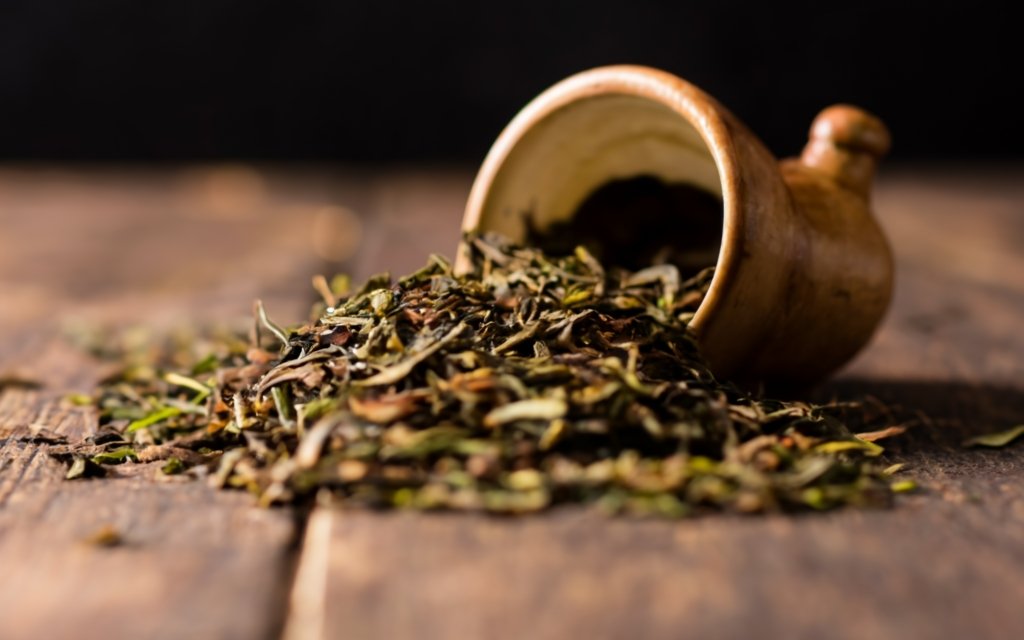
What sets these pellets apart is their uncanny ability to ramp up flavor profiles. Available in an assortment of wood types ranging from oak to hickory and even applewood, each imparts a distinctive taste and aroma to your meat. You’ll find hickory lending a strong yet sweet touch while cherry wood exudes subtle sweetness that beautifully complements chicken or pork.
– Oak pellets work wonders with beef, radiating medium-sweet smoky flavour that deliquesces on your tongue.
– Applewood grants your fish an indescribably crisp flavor profile that leaves you yearning for more.
Therefore sawdust pellets aren’t just another eco-friendly option; they’re essentially BBQ alchemy tools that transform ordinary flames into aroma-infused smoking stations!
Wood Planks:
- Soak wood planks (such as cedar or maple) in water and use them as a base for grilling. This method is popular for imparting a subtle smoky flavor to fish.
Stepping away from the traditional glow of charcoal, there is a gorgeous grilling method that tantalizes your senses with rich and smoky undertones.
Picture this: wood planks, such as aromatic cedar or maple, soaked within water then used as a base for grilling. This inventive cooking process brings a subtle smoky touch to your dishes that is nothing short of heavenly.
Dipping into the world of plank grilling, you will discover:
– Your choices are not limited to cedar or maple only; hickory and applewood make equally interesting options too.
– Grilling on wood planks lets you enjoy slow cooking at lower temperatures resulting in undeniably juicy delicacies.
– The soaking process involves immersing the wood plank in water for an hour before use. This minimizes potential flame flare-ups during grilling while ensuring the release of that delicate smoke aroma when heated.
Undeniably, when it comes to alternative methods of infusing smokiness into our grilled foods, using soaked wooden planks opens up culinary avenues worth exploring. It can reinvent classic recipes while simultaneously carving out new gourmet experiences night after night on your grill.
Herbs and Spices:
- Use dried herbs or spices like rosemary, thyme, or cinnamon directly on the coals or in a smoker box to infuse your food with unique smoky aromas.
Transforming the traditional barbeque experience, dried herbs and spices are unearthing a culinary world laden with distinct smoky aromas that vastly enhance the flavour of your grilled dishes.
Ever considered tossing rosemary or thyme onto your coals? Or perhaps sprinkling some cinnamon into a smoker box? This simple tweak infuses deep, aromatic flavours in your food, making it even more irresistible.
• The beauty of this approach is that its versatility stretches beyond just meat. Vegetables, seafood – even fruits – can transcend into gourmet creations when imbued with the smoky essence resulting from herbed or spiced charcoal alternatives.
With every whiff of smoke emanating from cinnamon-tinted coals or a smoker box breathing fresh thymy notes, get ready to surprise your palate with an unexpected sensory journey – all from the comfort of your backyard.
Experimenting with different herb and spice combinations can lead to discovery of novel taste profiles, elevating grilling sessions into exciting culinary adventures.
• Don’t be afraid to let loose and mix matcha powder with crushed coriander seeds; be adventurous and combine lavender flowers with lemon peel for fish; dare to pair peppercorns with star anise for pork – possibilities are endless as long as you begin exploring!
Tea Leaves:
- Dried tea leaves, especially those with a strong flavor like Lapsang Souchong, can be sprinkled on the charcoal for a smoky twist.
Adding a new dimension to your grilling game doesn’t always require more heat or additional spices. There’s room for innovation in the realm of smoke flavor; specifically, through dried tea leaves like Lapsang Souchong. This unique type offers an intense and smoky aroma that’s ideally suited to mingling with the natural flavors of charcoal-grilled food.
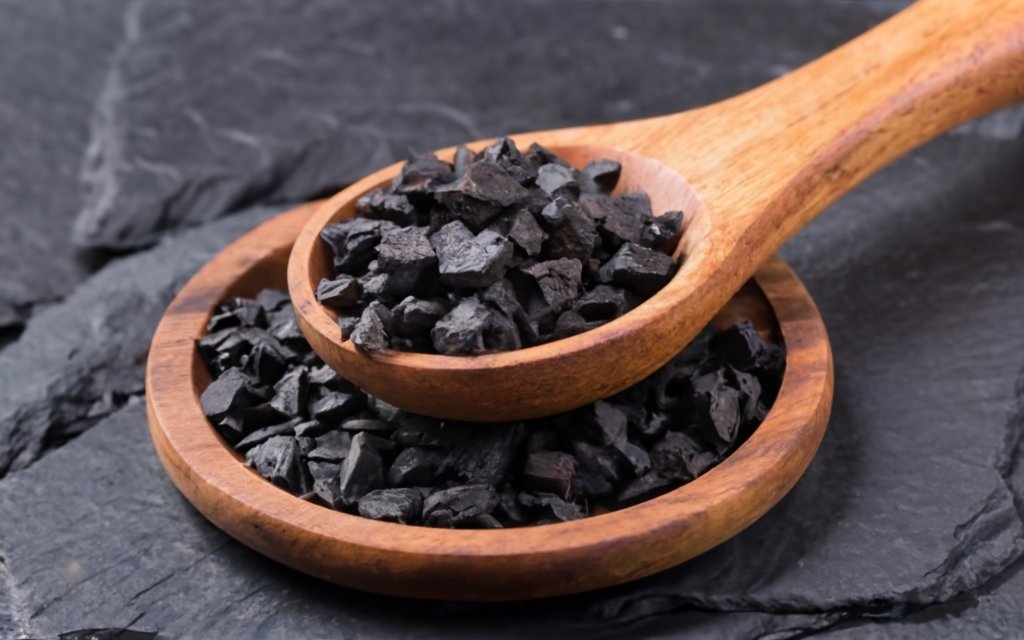
* Instead of merely relying on nature’s bounty, you can introduce a complex play of flavors into grilled food by sprinkling these tea leaves onto your charcoal.
* The outcome is substantial- think delicate wisps of tea-infused smoke tenderly kissing your meats and vegetables.
* The prominent pine-smoke essence inherent in Lapsang Souchong beautifully imbues itself within the fabric of all ingredients exposed to its goodness.
So why not let your palette travel east while experimenting with this smoky twist? It might just surprise you how such a simple addition can dramatically redefine flavor profiles, making something as mundane as grilling seem exotic and new!
Corn Cobs:
- Soak corn cobs in water and place them on the grill. They will smolder and release a mild smoky flavor.
Jazz up your barbeque with an unexpected smoky flavor enhancer – corn cobs! That’s right, this unassuming vegetable husk can transition from waste to wonder when you soak them in water and place them atop the grill. The wet corn cobs will slowly smolder without burning outright, producing a mild smokiness that infuses into your food effortlessly.
The maestro of the grill has never been so eco-friendly! This method not only aids in finding use for an often-discarded ingredient but also reduces reliance on charcoal which is less environmentally friendly. In addition:
– Corn cobs are readily available and inexpensive.
– The smoke produced is naturally sweet, perfect for poultry and fish.
– It delivers a lighter smoky profile than heavier woods like mesquite or hickory.
This technique gives a sustainable spin to your standard BBQ practices, offering newer flavors while being kinder to our planet. Now that’s a delightful double whammy.
Citrus Peels:
- Dried citrus peels, such as orange or lemon, can be added to the coals to infuse a subtle citrusy smokiness.
Unleashing a world of flavors, dried citrus peels bring in a novel twist to your BBQ dishes. Add the likes of orange or lemon peels to your regular coals and witness an orchestration of flavors that lend an intriguingly subtle smoky-citrusy vibe unlike any other. This is one charcoal alternative you never thought could turn ordinary grilling into a gastronomic masterpiece.
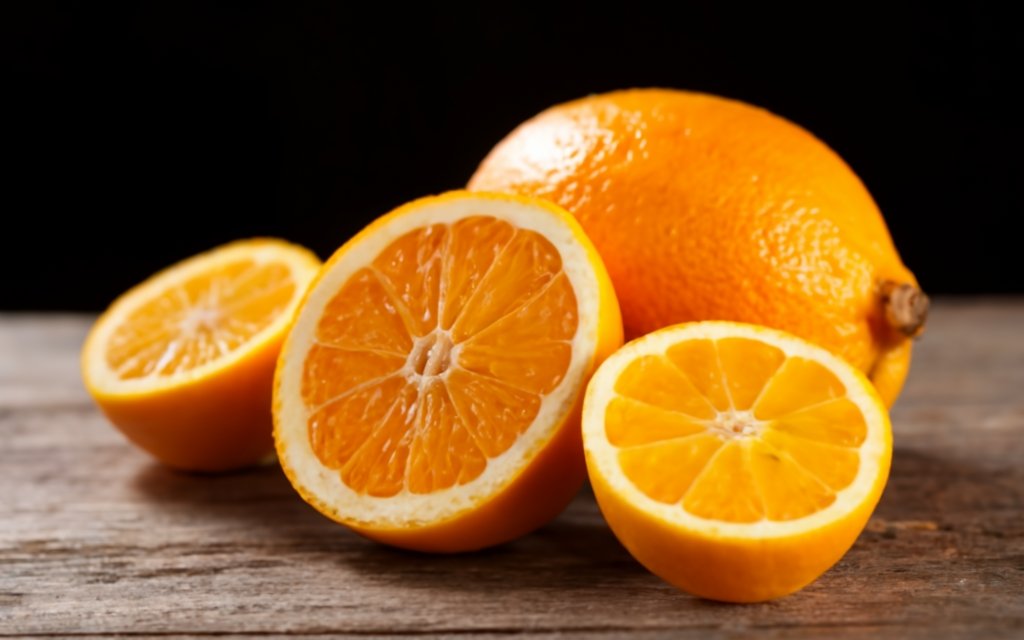
Undeniably, the use of citrus peels evokes fresh insights on how we perceive BBQs – it’s not just about smokiness but also about bringing in rich layers of fruity whispers. Not only does this technique elevate the overall flavor profile, it brings with it additional health benefits – yes, these citrus peels are packed with essential oils & vitamins!
• Infusing coal with dried orange or lemon peel imparts magical layers of aroma to your meat.
• Using dried citrus peel as smoking agents is an inventive twist to traditional BBQing techniques.
Next time you plan for a cookout, remember – adventure lies right within your kitchen waste basket! Dried citrus peels have established themselves as game-changers in today’s culinary scenario – don’t allow yourselves to miss out on this remarkable grilling secret!
Coconut Shells:
- Coconut shells or coconut husks can be burned to produce a sweet and nutty smoky flavor.
Ditching typical charcoal for coconut shells or husks can completely morph your BBQ experience! A staple from the tropics, coconuts are not merely a lovely source of nourishment, but their husks are also an invaluable tool in imparting a remarkable smoky aroma to your food.
By harnessing the natural properties of coconut husks or shells, you could channel that sweet and nutty effusion into your grilled delights. Here’s how:
– **Reduce, Reuse, Grill:** Considered waste in many regions worldwide, repurposing coconut shells into smoking fuel is an ecosavvy step. It’s all about utilizing what nature freely gives us!
– **Impeccable Flavor Profile:** Unlike standard charcoals often producing harsh smoke flavors, coconut-derived charcoals offer a sweeter and remarkably nuttier undertone to foods.
– **Slow and Steady Grilling:** Coconut shells burn slower thereby retaining heat longer than traditional charcoal. This leads to thorough cooking while minimizing carcinogenic risks associated with high flame grilling.
The depth of flavor harnessed by leveraging these tropical goodies will notably enhance your BBQ adventures. Tantalize your taste buds like never before, simply by using this innovative alternative grill fuel – the humble yet potent coconut shell or husk. Discover culinary heights with mesmerizing smoky tones when you bid adieu to conventional charcoal methods.
Wine Soaked Wood:
- Soak wood chips or chunks in wine before adding them to the grill for a unique smoky profile.
Elevate your grilling game by introducing a novel twist to infuse flavors – soaking wood chips or chunks in wine before tossing them onto the grill. This method doesn’t just moisten the wood for a longer, smokier burn but also imparts an exquisite and diverse profile of aromas into your food.
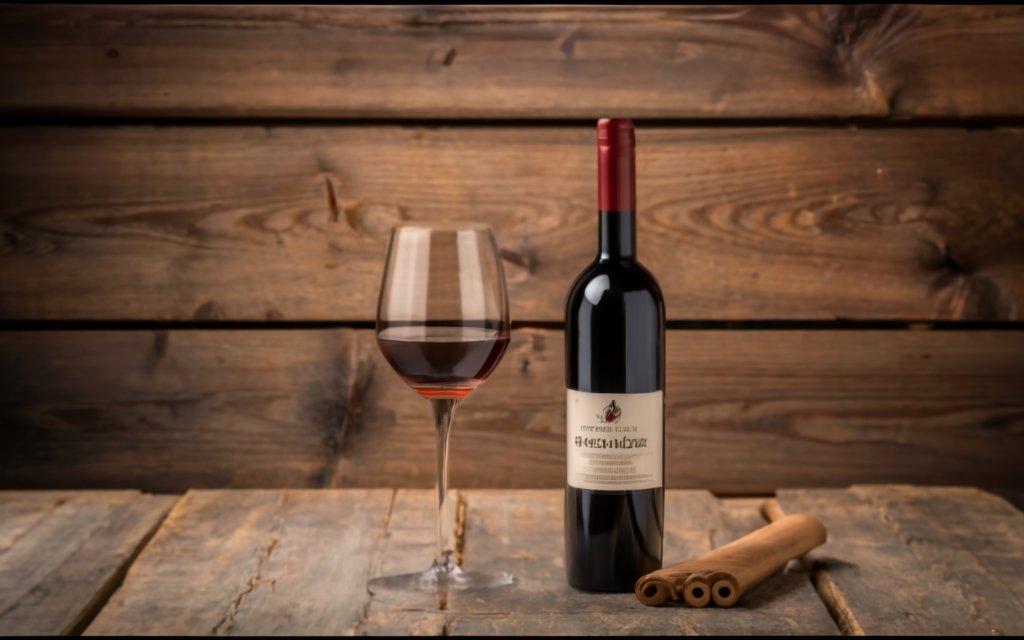
Whether you choose a robust red wine for darker meats or perhaps go with a lighter white wine soaking for poultry and fish, this interesting grilling technique is sure to win accolades at your next BBQ party!
Here’s why it’s such a great hack:
– The wines aroma penetrates deep into the meat whilst cooking
– Intensifies and sophisticates flavor profiles
– Makes it easier to achieve that coveted ‘low and slow’ smoking technique.
The result? A gourmet feast at home that takes grilling from mundane to masterful! So why not uncork that bottle of wine lying around in your house right now? Plus point: You can sip on what’s left while waiting for your perfectly marinated meat!
The joys of double utilization indeed. Experimenting with this lesser-known trick could crown you as the undisputed king or queen amongst circles passionate about BBQ-ing!
Hay or Straw:
- Dry hay or straw can be used to create smoke. It’s a traditional method, especially in some European countries, for smoking delicate meats and cheeses.
Delving into the realm of traditional cooking methods, using dry hay or straw for creating captivating swirls of smoke is a technique that dates back centuries.
Primarily used in certain regions of Europe, this method utilizes the easily accessible and natural elements to introduce an unrivalled aromatic flavor to delicate meats and cheeses. Dry hay or straw imbibes a gentle smoky accent, akin to warm earthiness which complements rather than overpowering the original taste profile.
• Firstly, it’s not just ordinary hay; organic dried golden straws are your ideal choice. Straws from wheat or barley impart a uniquely mild yet distinctive flavour that adds depth to softer cheeses and tender meats.
• Lastly but importantly remember – timing is everything. Hay-smoking requires minimal time compared to conventional wood chips smoking–usually around 20 minutes suffices. The less time you expose your food items to smoke, the subtle the flavor will be.
Using dry hay or straw as a charcoal alternative transports you back in time and whisks you off on a journey through culinary history with every bite that harmonizes rustic simplicity with gourmet refinement.
Mastering this traditional European technique could be your unique signature twist in the backyard barbecues! So why not ditch charcoal for once? Experiment using different kinds of straws and discover culinary treasures hiding in plain sight!
Conclusion.
In conclusion, charcoal alternatives for smoky flavor are not only ecologically beneficial but also health-conscious options. From wood chips to gas grills and pellet smokers, there are plenty of ways to achieve that desirable smoky taste without resorting to traditional charcoal.
These alternatives help reduce the carbon footprint and offer a more sustainable way of enjoying your favorite barbecue dishes. They also provide an even temperature distribution for cooking, ensuring consistent results every time.
So why not take the next step in your grilling journey by exploring these eco-friendly and tantalizingly tasty charcoal alternatives today? Consider reading another article i wrote about >>>> Alternatives For Charcoal in Cooking and The Pros and Cons to learn more.
I am commitment to crafting compelling narratives and delivering insightful content continues to inspire and inform readers across various platforms. Explore her articles on AlternativesZone.com and FactAfterFact.com to experience a rich tapestry of knowledge and discovery. Here I Analyze and Test the products and services together with my team before we recommend them to our users. Nice Reading Here!

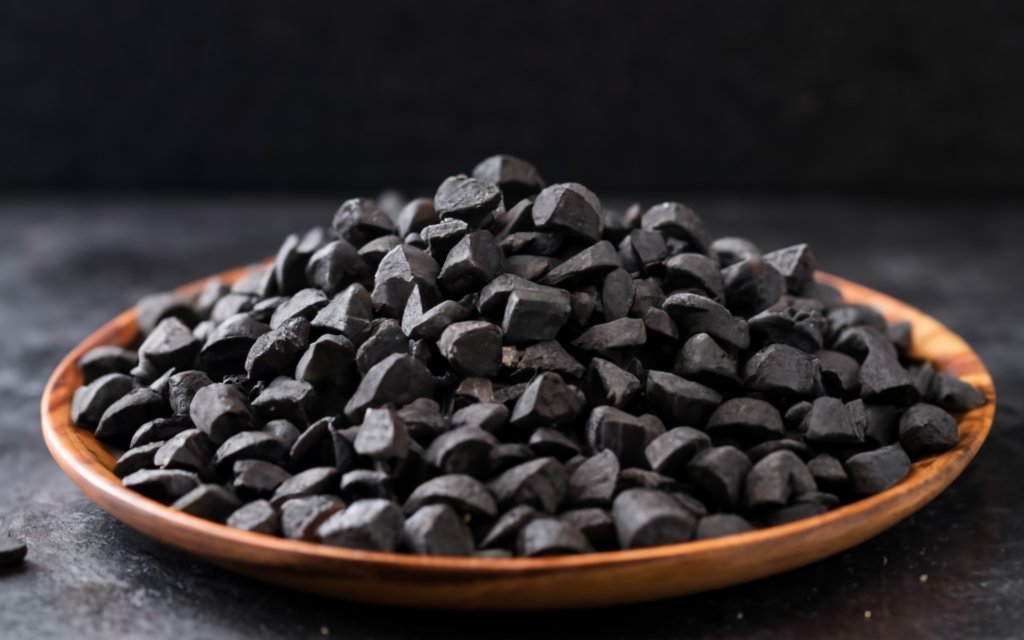
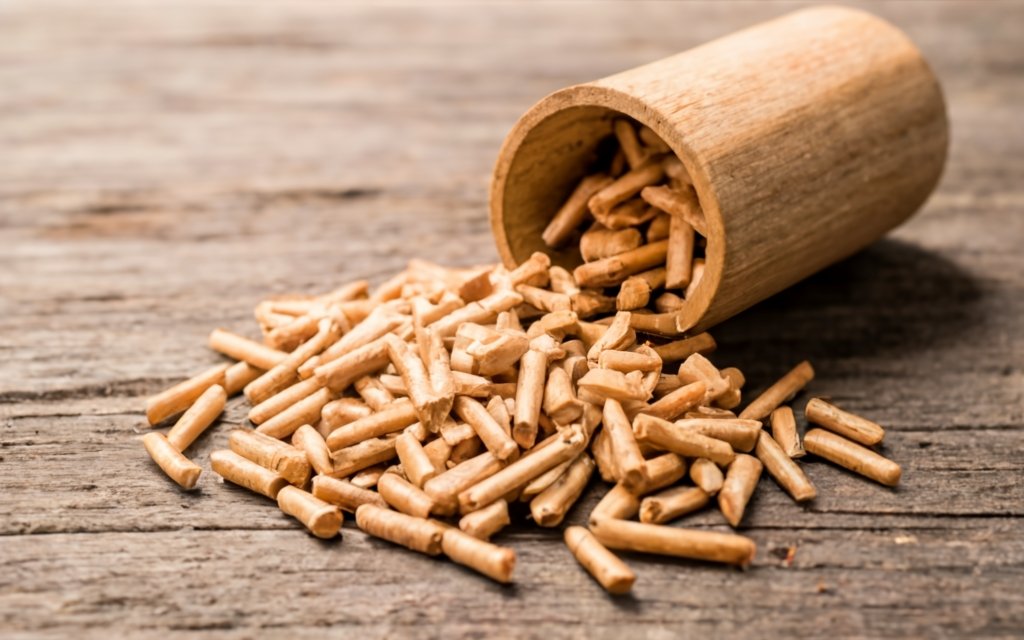
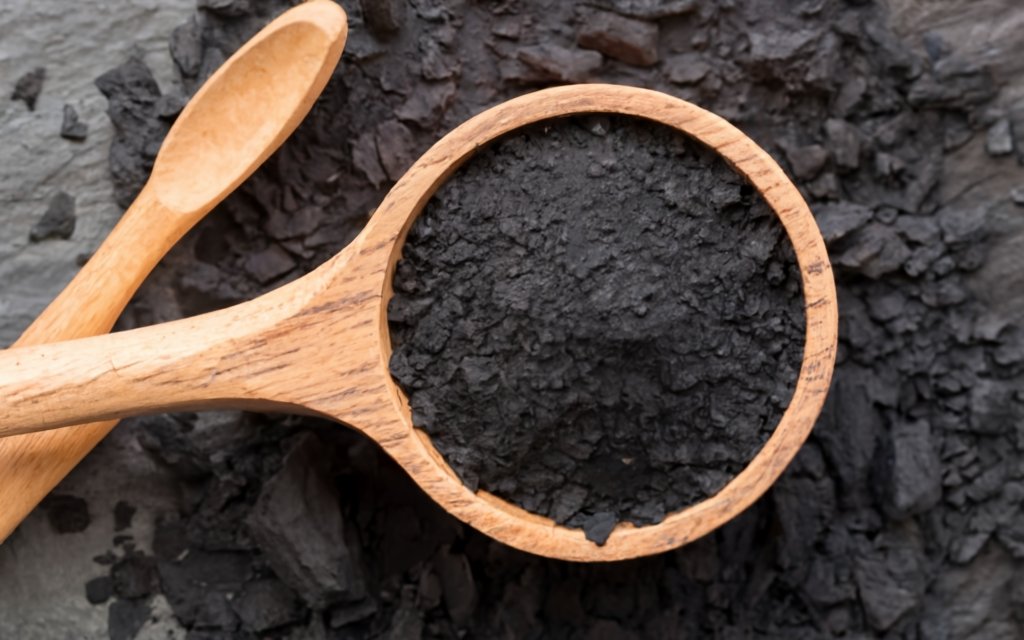




No responses yet